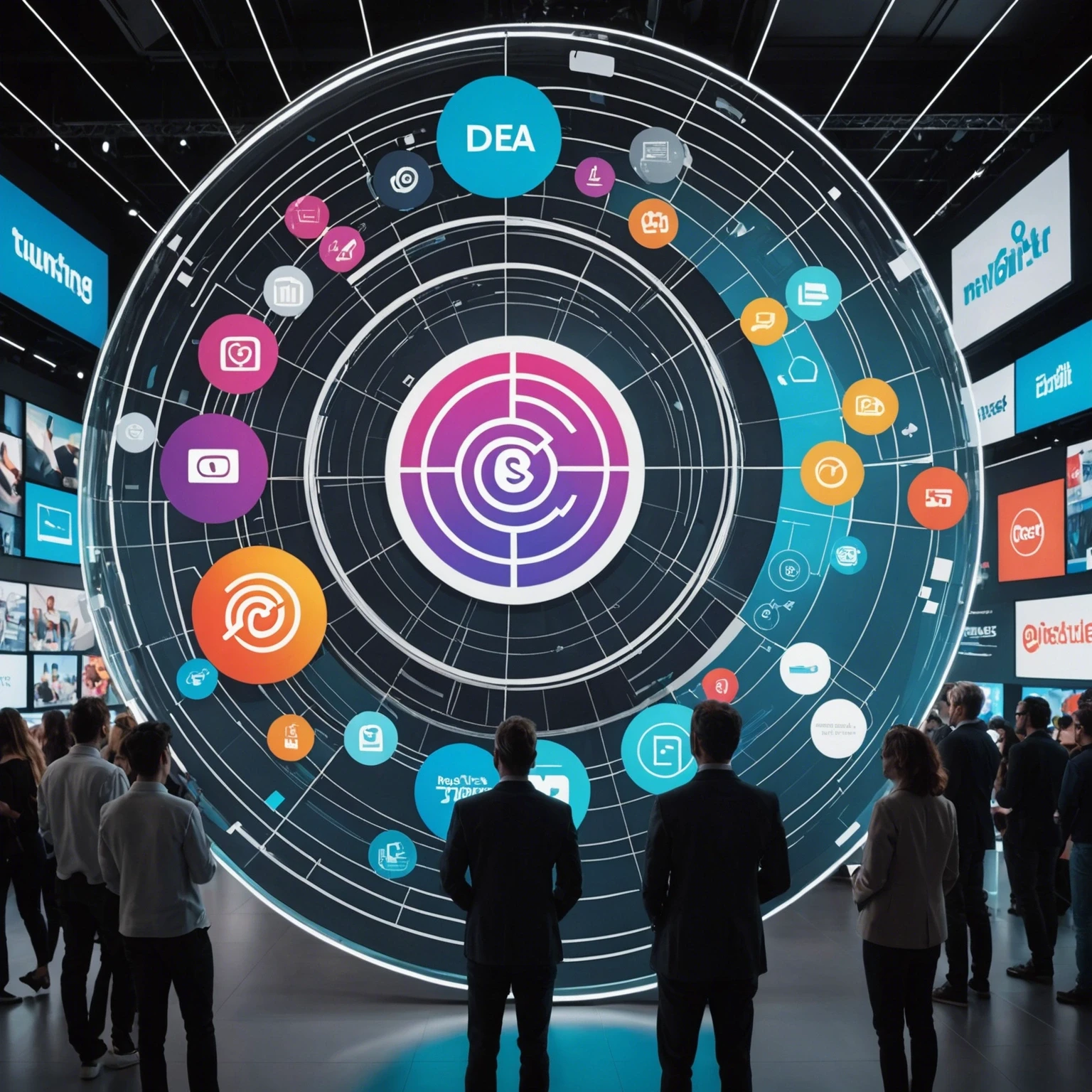Envisioning the Future of Advertising: Trends and Transformations
Feb 11, 2024

Introduction:
In today's fast-paced and constantly evolving business landscape, marketers are under immense pressure to deliver results and drive growth. With the rise of digital platforms and the increasing amount of data available, the marketing industry has witnessed a major shift towards automation. However, traditional marketing automation tools have their limitations and are not able to keep up with the ever-changing consumer behavior. This is where AI marketing automation comes in – a powerful force that is transforming the industry and revolutionizing the way businesses approach marketing. In this blog post, we will explore the rising force of AI marketing automation and its impact on the industry.
Key Issues and Debates:
The use of AI in marketing automation has sparked many debates and discussions in the industry. One of the key issues is the fear of job loss, as AI is being used to automate tasks that were previously done by humans. However, the reality is that AI is not here to replace marketers, but rather to enhance their capabilities and free up their time to focus on more strategic tasks. AI can handle tedious and time-consuming tasks such as data analysis, content creation, and customer segmentation, allowing marketers to focus on creativity and strategy.
Another issue is the concern over data privacy and security. AI marketing automation relies heavily on data, and there have been cases of data breaches and misuse of personal information. This has led to a growing demand for ethical AI practices and regulations to protect consumer data. Businesses must prioritize data privacy and transparency to build trust with their customers and avoid any legal repercussions.
Practical Implications and Recommendations:
The implementation of AI marketing automation has numerous practical implications for businesses. One of the most significant benefits is the ability to personalize marketing efforts at scale. AI can analyze vast amounts of data and provide insights into customer behavior and preferences, allowing businesses to deliver personalized and relevant content to their target audience. This leads to higher engagement and conversion rates, ultimately driving business growth.
Moreover, AI marketing automation can also help businesses identify and target potential customers more effectively. By analyzing data from various sources, AI can identify patterns and predict which prospects are most likely to convert, allowing businesses to prioritize and tailor their marketing efforts accordingly. This not only saves time and resources but also leads to better ROI.
To leverage the full potential of AI marketing automation, businesses must invest in the right technology and ensure that their data is accurate and up-to-date. They must also provide proper training to their teams to fully utilize the capabilities of AI. It is also crucial to maintain a balance between automation and human touch, as customers still value human interaction and personalized experiences.
Conclusion:
AI marketing automation is undoubtedly the rising force that is transforming the marketing industry. It has the potential to revolutionize the way businesses approach marketing and drive growth. However, it is essential to address the key issues and concerns surrounding its use and ensure ethical practices to build trust with consumers. Businesses must also invest in the right technology and provide proper training to their teams to fully leverage the capabilities of AI. As AI continues to evolve, it will be interesting to see how it shapes the future of marketing and how businesses adapt to stay ahead of the curve.